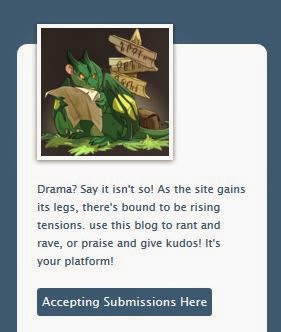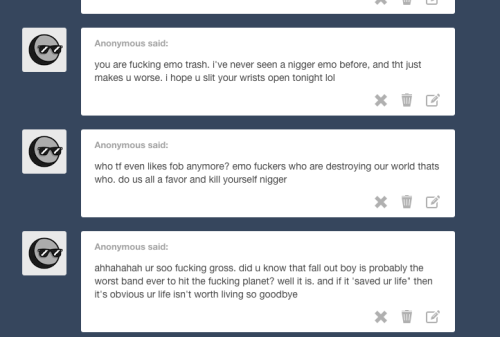Unlike most video games, Gone Home does not focus on action
or skill. At the core, it is a point-and-click puzzle game where the player,
after returning from the airport, explores their unexpectedly empty house,
finds leftover notes, and pieces together the story of why exactly their younger sister
left. This format may be off-putting to some gamers, but for no other reason
than they just don’t like that genre of game, just like how they might not like
first person shooters, sidescrollers, or mmorpgs. Everyone has their preferred
genre. It doesn't make it less of a game. And Gone Home didn’t exactly do anything new with the basic mechanics.
There are plenty of other games that have similar gameplay and mysterious
plot, like Myst, Year Walk, The Stanley Parable, and the multitude of Nancy Drew games. All of these
have generally positive responses. So what sets Gone Home apart?
Gone Home had the misfortune of getting popular right when the
gamergate conspiracy started gaining traction in 2014. It immediately drew
attention by the movement, because of some shakey claims of nepotism. But it also came under fire
because the plot twist at the end (spoiler alert!) revealed that the sister ran
away because she is a lesbian and wanted to pursue a relationship with another
woman without judgement.
Gamergate exploded because of some gamers’ hatred of the
feminist critique that some games were garnering. It’s no secret that the
majority of games contain sexist portrayals of women, and some gamers desperately
want to keep gaming communities a “boys only” club. They claim that gamergate
is really about “ethics in video game journalism”. But the majority of the
anger seems to stem from critiques that point the prominent one-dimensional
portrayal of women in games, the skimpy outfits, the lack of diversity in
characters, and the rampant misogyny, homophobia, and racism in gaming
communities that make them such hostile environments. Many of the original
critics that unintentionally became the ignition point of the controversy
came under very targeted attacks and harassment. There were multiple accounts
of rape threats, death threats, doxing, and even a threat for mass shooting
when Anita Sarkeesian planned to give a guest lecture at Utah State University.
Gone Home got stuck in the crossfire of all this unrest.
Since the game features a prominent multidimensional lesbian character who is
not fetishized for the fans, the game became the perfect example for how
feminists and SJWs were supposedly ruining games and don’t know how to make a proper video
game.
“The problem people have isn't the fact that Gone Home isn't
a game but that it is about subject matter that makes people uncomfortable.”
All of the intense hatred from a vocal minority has drowned
out the majority of the reviews. Aggregated reviews from well-known game
critique sites generally score the game in the mid-80s/100, a definitely
positive score. It has gained critical acclaim and won multiple awards,
including a BAFTA. Even general users on the popular gaming platform Steam give
the game generally positive reviews. It is not has hated as some users would like people to believe.
Gamers don’t hate Gone Home any more than most other video
games. Gamergate hates Gone Home.





